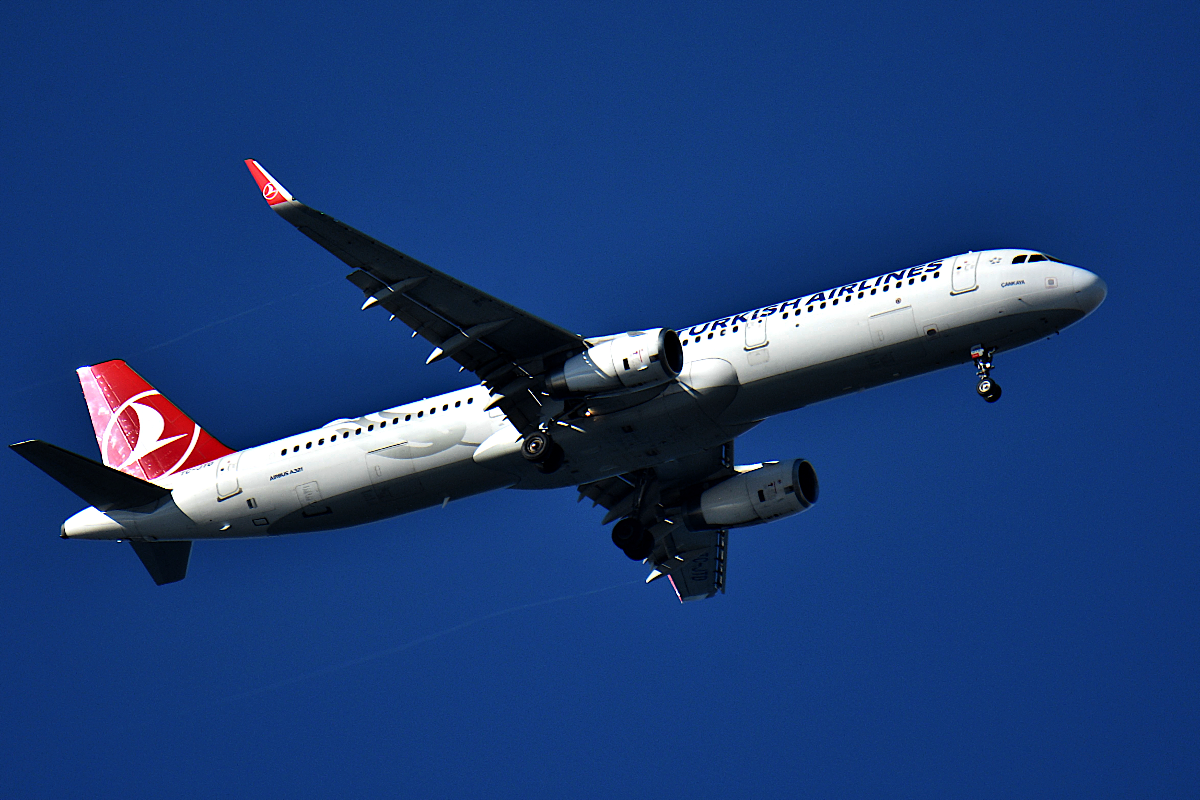
Turkish Airlines Pilot Dies Mid-Flight, Emergency Landing Required at JFK
In a tragic incident that unfolded during a Turkish Airlines flight, the pilot's sudden death forced the crew to make an emergency landing at New York’s JFK Airport. The Airbus A350-900 was en route from Seattle to Istanbul when it veered sharply toward New York, prompting immediate action from the flight crew.
Reports indicate that the captain, 59-year-old Ilcehin Pehlivan, collapsed while piloting the aircraft. Despite the crew’s attempts to administer first aid, it became clear that they needed to divert to JFK. An airline spokesperson, Yahya Ustun, confirmed the unfortunate circumstances, stating, "After an unsuccessful attempt to give first aid, the flight crew of another pilot and a co-pilot decided to make an emergency landing, but he died before landing."
Also Read:- A Hard-Fought Draw: Venezuela vs. Argentina in World Cup Qualifiers
- Robbie Brady's Late Winner Sparks Joy for Republic of Ireland in Nations League Clash
This shocking incident occurred early Wednesday morning and raised immediate concerns about the health and safety protocols in place during flights. The emergency landing was executed safely, with the aircraft touching down just before 6 AM. Passengers onboard were likely shaken by the sudden turn of events, experiencing a mix of confusion and concern as they realized something was terribly wrong in the cockpit.
Pehlivan had been a member of the Turkish Airlines family since 2007, and just a few months prior, in March, he passed a routine medical examination that indicated he had no health issues. His passing marks a somber moment for the airline and his colleagues. Ustun expressed condolences on behalf of the airline, stating, “As the Turkish Airlines family, we wish God’s mercy upon our captain and patience to his grieving family, all his colleagues, and loved ones.”
This incident raises several important questions about pilot health and the measures airlines take to ensure the well-being of their crews. It underscores the critical importance of having robust emergency protocols in place. The first officer and other crew members trained for such emergencies had to react quickly under pressure. They were faced with the daunting task of not only flying the plane but also handling the aftermath of their captain's death.
The loss of a pilot mid-flight is an extraordinarily rare and tragic event, prompting discussions about the psychological and physical stresses faced by airline crews. Pehlivan’s unexpected collapse is a stark reminder of the unpredictable nature of health issues, even in seemingly fit individuals. It also emphasizes the need for ongoing support and resources for flight crews to manage their health and well-being effectively.
As more details emerge, the aviation community and the public will be watching closely. For now, we mourn the loss of Captain Ilcehin Pehlivan and extend our thoughts to all affected by this unfortunate incident.
Read More:

0 Comments